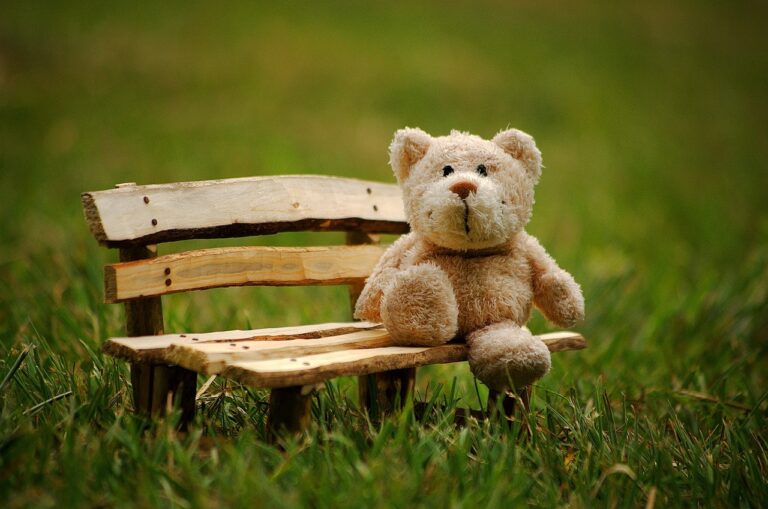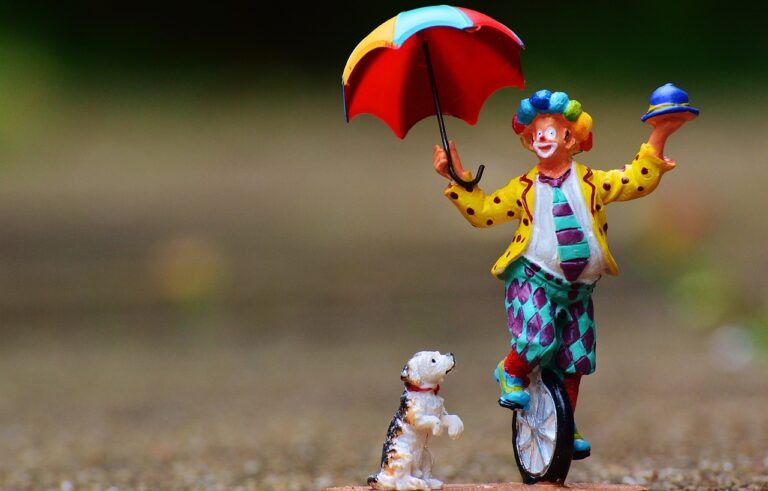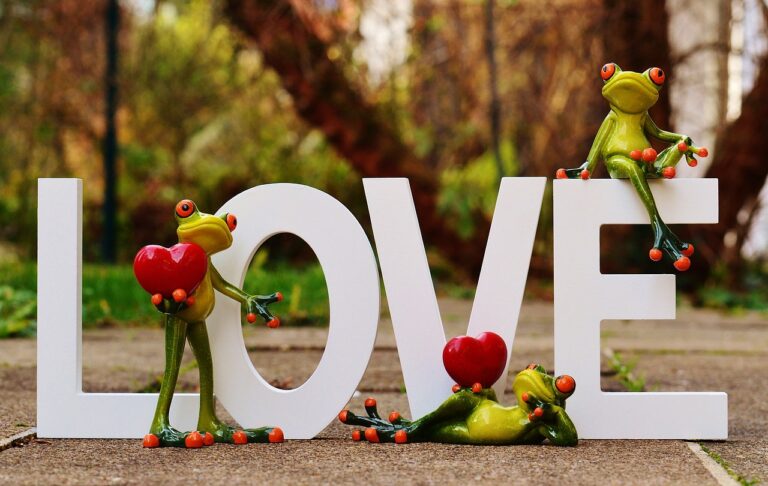Cultural Festivals as Catalysts for Social Change: All panel login, Mahadev book online, Get cricket id
all panel login, mahadev book online, get cricket id: Cultural Festivals as Catalysts for Social Change
Cultural festivals have long been recognized as platforms for celebrating diversity, promoting unity, and fostering understanding among people from different backgrounds. These events bring together individuals with varied beliefs, traditions, and values to celebrate their unique identities and share their cultural heritage with others. Beyond just being celebrations, cultural festivals have the power to drive social change and create a more inclusive and equitable society.
The Role of Cultural Festivals in Promoting Social Change
Cultural festivals offer a space for individuals to engage in meaningful dialogue, exchange ideas, and challenge stereotypes that often divide communities. By highlighting the richness and diversity of various cultures, these events promote tolerance, respect, and appreciation for differences. Through music, dance, food, and art, cultural festivals create opportunities for individuals to connect on a deeper level and build bridges across cultural divides.
Fostering Cultural Exchange and Understanding
One of the key ways in which cultural festivals drive social change is by fostering cultural exchange and understanding. These events provide a platform for people to learn about and experience different cultures firsthand, breaking down barriers and stereotypes that often lead to discrimination and prejudice. By showcasing the traditions, customs, and values of diverse communities, cultural festivals promote empathy, solidarity, and mutual respect among individuals from different backgrounds.
Empowering Marginalized Communities
Cultural festivals also play a vital role in empowering marginalized communities by providing them with a platform to amplify their voices and celebrate their identities. These events give voice to those who have been historically oppressed or marginalized, allowing them to reclaim their cultural heritage and assert their place in society. By showcasing the creativity and resilience of these communities, cultural festivals challenge systemic inequalities and advocate for social justice and equality for all.
Catalyzing Social Action and Change
Moreover, cultural festivals have the potential to catalyze social action and change by raising awareness about critical issues and sparking meaningful conversations about social justice, human rights, and environmental sustainability. These events can serve as a catalyst for mobilizing communities to take collective action against injustice, discrimination, and inequality. By creating a platform for activists, artists, and advocates to come together, cultural festivals inspire individuals to work towards a more just, equitable, and inclusive society.
In conclusion, cultural festivals are not just celebrations of diversity and heritage but powerful catalysts for social change. These events have the potential to promote cross-cultural understanding, empower marginalized communities, and mobilize individuals to advocate for a more inclusive and equitable society. By embracing the transformative power of cultural festivals, we can create a world where diversity is celebrated, differences are respected, and social change is possible.
FAQs
Q: How do cultural festivals promote social change?
A: Cultural festivals promote social change by fostering cultural exchange and understanding, empowering marginalized communities, and catalyzing social action and change.
Q: What impact do cultural festivals have on communities?
A: Cultural festivals have a positive impact on communities by promoting unity, celebrating diversity, and creating opportunities for dialogue and collaboration among individuals from different backgrounds.
Q: How can individuals support cultural festivals as catalysts for social change?
A: Individuals can support cultural festivals as catalysts for social change by attending these events, volunteering to help organize them, and advocating for policies that promote diversity, inclusion, and equality.







